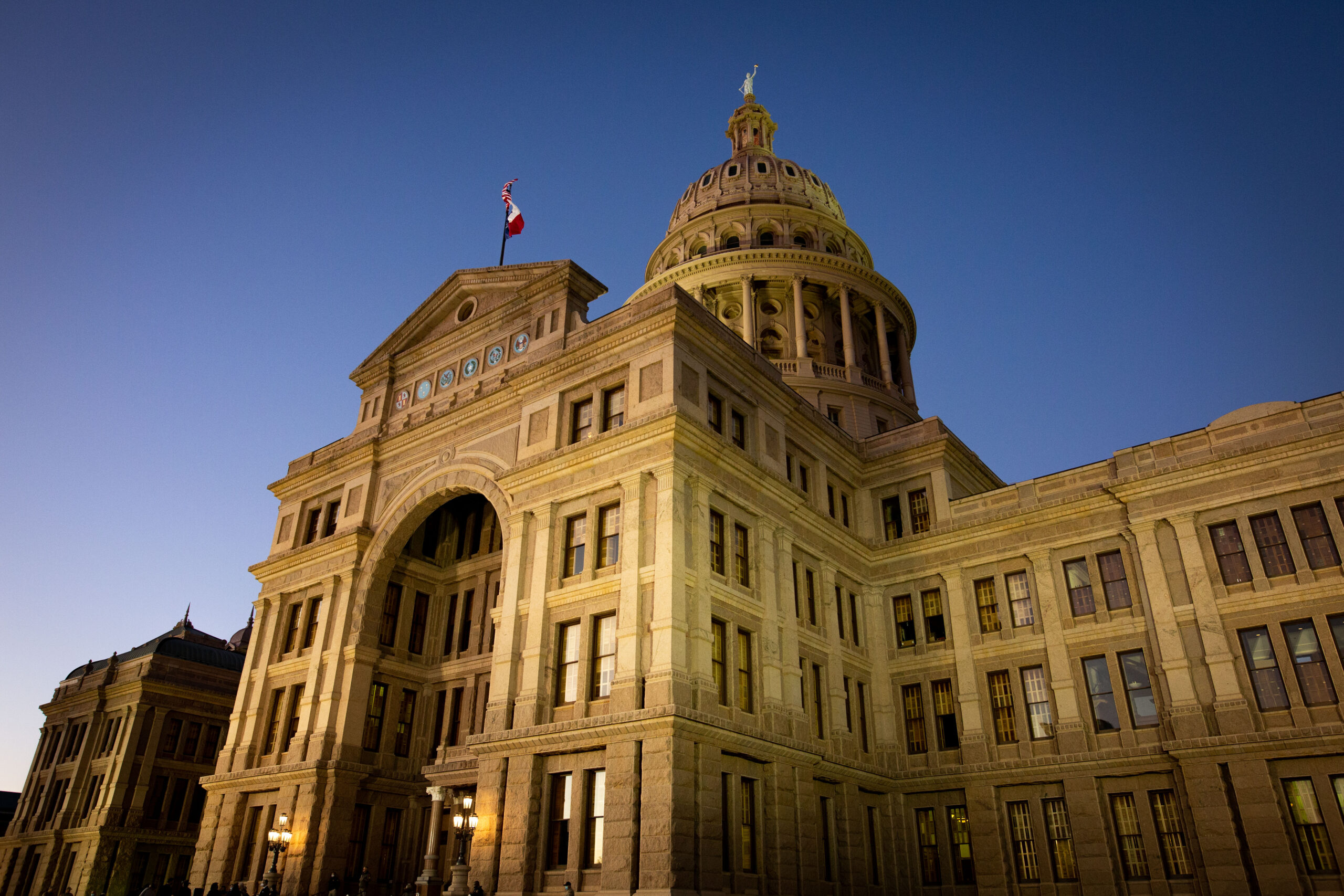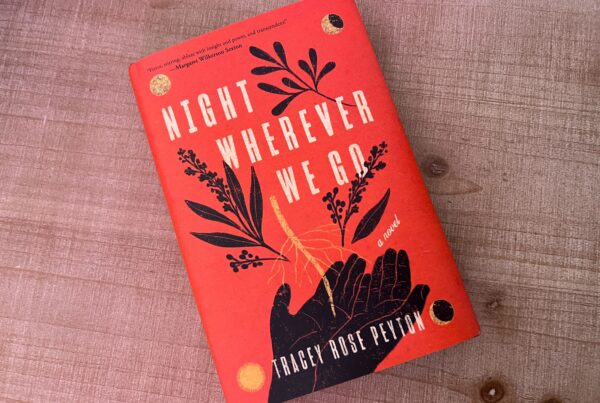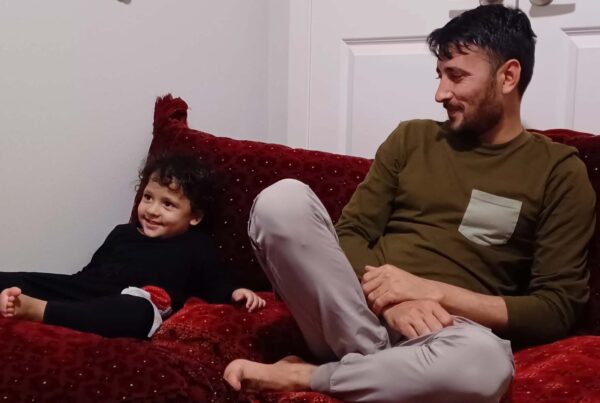People with disabilities and their advocates brought a number of requests to the Texas Legislature’s 2023 session – issues like pay raises for personal attendants and changes to the way schools restrain some disabled students.
The Texas Standard’s Shelly Brisbin says results were mixed, from advocates’ point of view. Listen to the interview above or read the transcript below.
This transcript has been edited lightly for clarity:
Texas Standard: We’ve talked about attendant wages before on the show. Those who provide personal care assistance to people with disabilities in their home were receiving as little as $8.06 an hour, and advocates were looking to raise that to about $15 per hour. What did lawmakers decide?
Shelly Brisbin: Attendants provide personal care to their clients – assistance dressing, bathing, getting out of bed, that sort of thing. And their wages have been so low that many people have left this kind of work. They say they can make more at a fast food restaurant, for example, than as a caregiver.
Advocates were asking for a minimum of $15 an hour. Well, ultimately, the Legislature settled on a base rate of $10.60 an hour with a budget mechanism that activists say gives them an opportunity to seek further increases when the Legislature next meets in regular session in two years. It’s an estimated $2 billion increase this biennium and another $2 billion in the following two years. It’s a lot less than people were asking for, but the biggest increase the Legislature has ever provided.
Another priority for advocates and parents was the so-called “no kids in cuffs” bill. What was that legislation and what happened?
This one has been around since 2021 at least. Parents of kids on the autism spectrum and with other disabilities have reported that schools sometimes restrain their kids forcibly with physical restraints or held them in isolation to deal with perceived behavioral issues. The “no kids in cuffs” bill passed the session and was signed into law by the governor. It bans certain types of physical restraints like handcuffs and the use of chemical irritants, including pepper spray for students under 11-years-old. Advocates are pleased with the bill, but they say it should go further to restrict the ways schools can restrain their kids.
Some service dog users proposed a bill that would give them a way to tell when a service animal was truly certified and trained to help people with disabilities. Did that become law?
Not exactly. The issue here is that there are many ways to get certification indicating that a dog is a service animal, even if it’s actually more like an emotional support animal. That doesn’t depend on how well the animal is trained. And that presents a problem if untrained animals come into contact with certified service animals and scare or physically harm the service dog or its owner.
So the proposed bill would have required companies that issue certifications for untrained animals to provide a disclosure along with that certification. That bill, which is a lot like a law that’s been passed in a number of other states, including California, didn’t pass here. A different bill which increased fines for claiming that a dog is a service animal when it isn’t did pass. But advocates still want more disclosure and they say they plan to be back in 2025 when the Legislature meets again.
During the last legislative session, voting access was a major flashpoint, including people working to improve access to the ballot for people with disabilities. Was ballot accessibility an issue this time around?
The 2021 bill that changed a lot of election rules wasn’t very popular with people with disabilities, many of whom rely on assistance to vote, whether in person or by mail. In fact, some of those 2021 restrictions on who could help a voter who needs assistance were thrown out in a court case. This year, the Legislature authorized creation of an accessible mail-in ballot system that was intended to allow voters with certain disabilities to cast ballot in private, as all other voters are able to do. This is one of those bills the governor vetoed as part of his disagreement with Lt. Gov. Dan Patrick over school vouchers and property tax issues.
The Legislature also passed new rules that give priority to voters with disabilities in polling places, both in line and at curbside voting. And those measures did become law.














